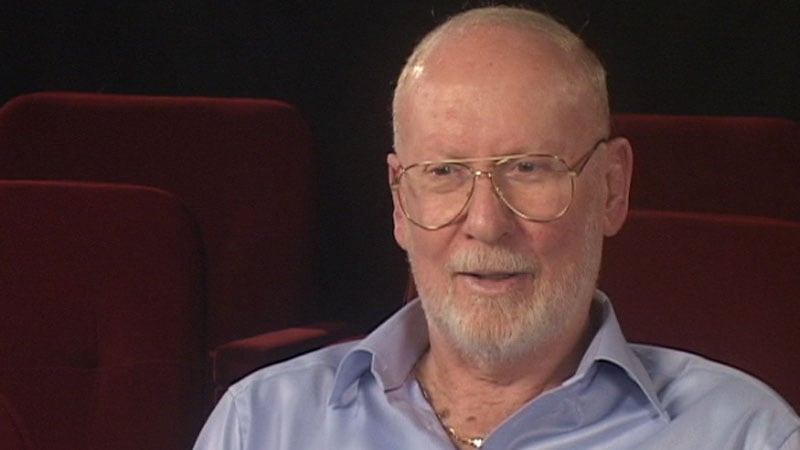Visual History with Robert Relyea
Interviewed by:Cleve Landsberg
Upon graduation from UCLA, Robert Relyea started in the entertainment industry as an entry-level crewmember for MGM in 1955. He gradually worked his way up the studio ladder, becoming a first assistant director on Jailhouse Rock (1957). His biggest break came when he worked as the first AD on John Sturges’ Never So Few (1959) where he became friends with both the director and the star, Steve McQueen. He next worked on Sturges’ Western classic The Magnificent Seven (1960), also starring McQueen.
Relyea was then hired by Sturges’ production company, Alpha Corp., serving as second unit director and associate producer on The Great Escape (1963), another Steven McQueen film. This led to Relyea and McQueen forming their own independent production company, Solar Productions, and producing three films; Bullitt (1968), The Reivers (1969) and Les Mans (1971), before dissolving their business partnership.
Relyea then began work as an independent producer and was eventually hired by Paramount as a senior vice president of production. Relyea became executive vice president of production at MGM/UA in 1993, then was promoted to president of production from 1997-2001, overseeing the production of several James Bond films; GoldenEye (1995), Tomorrow Never Dies (1997), The World is Not Enough (1999) and Die Another Day (2002); as well as other hits such as Get Shorty (1995) and Legally Blonde (2001).
Robert Relyea was a member of the DGA’s Western AD/UPM Council from 1961 to 1963 and was the second unit director of West Side Story, which won the DGA Feature Film Award in 1962. Relyea released his autobiography, Not So Quiet on the Set: My Life in Movies During Hollywood's Macho Era, co-written with his son Craig, in 2008.
Relyea passed away in March 2013.
Select Viewing Option:
Highlights